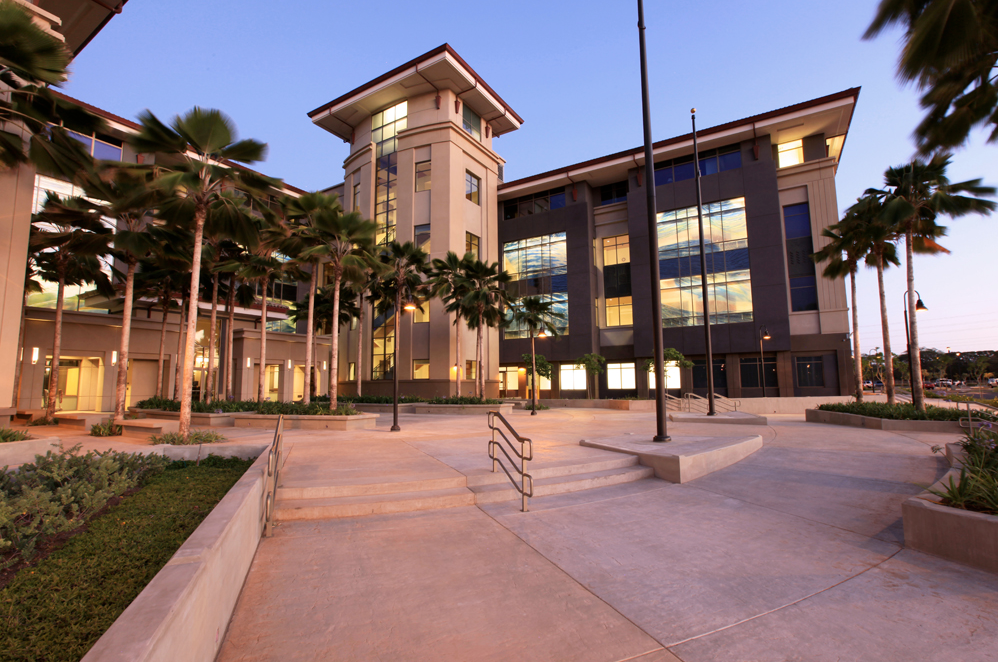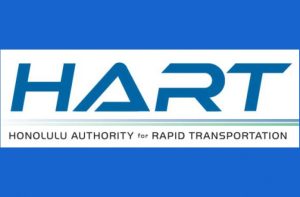
There was a Citizen’s Jury held by the Public Policy Center at UH over the past three weeks with 17 other residents from around Oahu besides this author. There were of varying backgrounds, ages and political affiliations examining the pros and cons of the Constitutionally mandated Constitutional Convention or Con Con. There is currently an referendum on the upcoming election ballot asking if Hawai’I wants to exercise the current right to have a Con Con. It is a Constitutional right.
Every ten years the citizens of this island State are supposed to elect several delegates from all the Legislative districts then referendums are examined to see if the voters may vote affirmatively in favor of them and make them law. On its’ face it seems to be redundant because there is already a Legislature that is supposed to be representing island citizens and do just that, right?
The State Legislature would have significant influence and discretion over the number of Constitutional Convention delegates, when they are elected, the Con Con budget and other factors. It is because of some conflicts of interest the Legislature seems to inherently have such as term limits that Con Con was born and made part of the State Constitution. The idea was, If the people voted in to office were not doing the voter’s bidding, the citizens could take over and have a say on their own through the Constitutional Convention process. It would provide institutional reforms that the Legislature has not passed.
The Constitutional Convention is supposed to be had every ten years. 1978 was the last time there was one and the opinion was the Legislature was taking care of business then, too. And by and large public opinion was that they were. There was also had around a 75%+/- voter participation. An examination of laws passed during that Con Con for example was something as vitally important as collective bargaining for union members. This took a Con Con to get! Back then, guess who Legislators were beholden to? OHA was created also to fill a gap until Hawaiians could create a Government and self-determine. It gave prominence to some Hawaiian Voices who are still around today. And most of all, several environmental laws were passed. None of the referendums that are proposed by a Con Con become law without a final vote by the people, by the way. This could be a great protection from special interests sponsoring delegates to do their will; all initiatives still need to be voted on by the Citizenry but they do have to participate in the voting process.
These were but a few results of a Con Con that in 1978 cost the tax payers $2.5 Million. Conservative estimates peg a 2020 Con Con at around $10.5 million dollars and some opponents have estimated at around $34 million. During our forum of 18 residents, we could not figure out how that $34 million figure was arrived at given there is more media access and social media among other ways to get out the word. Hawai’I can’t afford to NOT have a Con Con at this juncture.
Having a Con Con underlines the importance to modify and modernize the State Constitution every few years. There are other opportunities to propose laws that don’t modify the Constitution that going in to the future Hawai’I may be proactive in moving forward community by community. This being a change to being reactive as Hawai’i has been for so many years under a single political party.
Rather than trying to get a Legislator to create a bill for an act then watch it go from committee to committee then get deferred session after session through two houses until it either dies with heavy special interest lobbying or is ratified, other States have developed an initiative system that citizen petitions as well as referendums by their elected officials can get issues on the ballot to be voted on by residents every election, no ten year wait needed, and a lot less issues than the 3,000+ bills that the House and Senate has to plow through January through May only.
“Think of some of the issues that could get on a Con Con ballot if there were a delegate from our own perspective and resident interests in Kapolei.”
Kapolei sits in the richest source of revenue for the island by design. There is a world class resort area, a sizeable industrial park, a deep-water harbor, an airport and a residential real estate tax base that is only second to the Hawaii Kai and Kahala areas. Makakilo also suffers from a flawed Bulky Item Pickup system, a median on Makakilo Dr. that is either dead or out of control, a sporadic repaving schedule and insufficient resources in our schools. Those residents are helping to sponsor a struggling rail system that will eventually be to their advantage but is diverting a lot of money from other needs. There is a sizeable shortage of police officers in Kapolei and the homeless are starting to key in on this and the area are getting an influx of them. There is probably the largest concentration of shelters here as well. There is a Makakilo extension that is an “almost built” for 30 years but instead there are differing updates on but still no extension built. “Think of some of the issues that could get on a Con Con ballot if there were a delegate from our own perspective and resident interests in Kapolei.”
But you must ask yourself, if there are all these resources, why isn’t the Kapolei area getting a bigger slice of the tax pie? Back when Kapolei was envisioned, it was also planned that it would become its own City and that tax base there would have more control over. There is a City Hall that has an office for a Mayor but no Mayor. There is a sizeable police station. Could an amendment be added that Kapolei finally becomes a City and self- determines? Does the Neighborhood Board become a City Council and does the City Council in Honolulu add a board of supervisors to oversee what may create several more City Councils?
A couple of the Pros created in the Con Con Jury meeting was “A Constitutional Convention provides an opportunity to allow voter initiatives and referendums to be placed on the ballot.” and “A Constitutional Convention provides an opportunity to take a comprehensive and holistic approach to improve government and address critical issues that are unresolved by the Legislature.”
Conversely, a couple of the Cons included “There would not be enough safeguards to prevent a Constitutional Convention from being dominated or even highjacked by special and extreme interests.” Another included “ A Con Con is not worth holding until our Hawai’I citizenry hold our elected officials accountable to ensure they follow what is currently written in to law.”
As written, a Con Con can have delegates elected that are already Legislators, seemingly almost defeating the purpose. However, we have Legislators in the district that has experience, wisdom and a measurable record that may give the community credibility in a Con Con. But then Imagine a delegate whose campaign is heavily funded by developers? Or a pesticide interest?
The same rules will apply for delegate campaign financing and the selection of the delegates. The desire though is the community would want regular folks and residents with regular budgets to run or the selection could look like a City Council or even Governor’s race. Campaign spending laws and regulations including those applying to super PACs, would apply to the Con Con. There would be a Sunshine Law provision where none exists in the current Legislature so there would be transparency. A positive that may come from this is that new leadership steps up to be a delegate and it is their entry into Legislative leadership as it did in 1978. Several the Jury members were on the fence about creating term limits for Legislators and showing experienced and measurable performers the door prematurely. It depends on the district. Incumbents are hard to beat here. There are term limits however for the Governor and Lt. Governor, City Council and others.
The overall take on it was also was that with around a 25-35% voter participation, a very small fraction of the people could have all of the issues decided for them. Voter participation is key to making this work. Getting regular citizens and not special interests running Con Con could give this community hope that some real change happens, or at least your Constitutional right is perpetuated and preserved.
So if you like the job your Legislature is doing for you, vote “No” on Con Con. If you are satisfied with the speed at which laws are passed IF they are passed, vote “No” on Con Con.
If you want to be a part of the process and see some citizen involvement and movement where before there was none, vote ”Yes” on Con Con. If you believe that the Constitution needs to be modernized, taking Hawai’I in to the 21 Century for our Keiki, Vote “Yes” on Con Con.
To see who your neighbors were who participated in the Con Con Jury and other information, go to:


